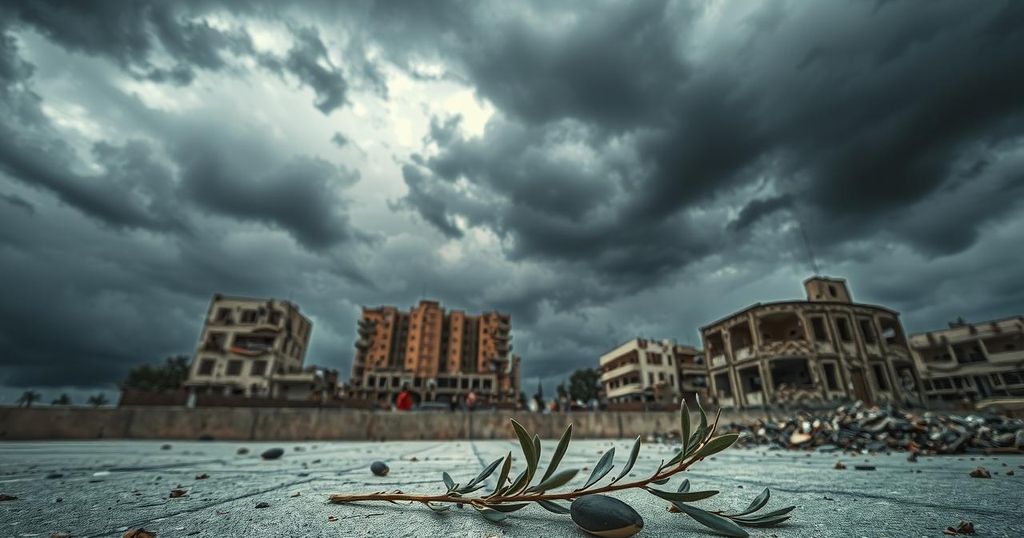The Sudanese army is making strategic gains in reclaiming Khartoum from the RSF, capturing critical areas like the mint. Despite these advances, the humanitarian crisis continues to escalate, with many civilians facing starvation and violence. The ongoing conflict has displaced over 12 million people and raised serious concerns about atrocities committed by both sides against innocent civilians.
The Sudanese army has made significant advancements in its campaign to recapture Khartoum from the Rapid Support Forces (RSF). Reports indicate that large areas of the capital have fallen back under army control, particularly the mint where currency is produced. However, the RSF continues to dominate much of central Khartoum, raising concerns among residents about the ongoing conflict and the humanitarian crisis unfolding across the nation.
General Abdel Fattah al-Burhan, the army leader, expressed confidence in reclaiming the city soon, highlighting the army’s recent victories in the state of Gezira. Concurrently, humanitarian conditions in Sudan have deteriorated, with over 100,000 individuals in Khartoum facing famine. The violent clash between the army and RSF, sparked by a power struggle two years ago, has led to the displacement of 12 million people and countless civilian casualties.
Independent observers and aid organizations have condemned the actions of both conflicting sides, noting their involvement in horrific acts against civilians, including accusations of genocide in Darfur. Despite denials from both factions, violations continue as the RSF is blamed for numerous atrocities, while the army’s recent victories have increased tensions and fears among residents of a potential crackdown.
Many citizens are caught in a state of anxiety regarding their safety, particularly those who have had to interact with the RSF for survival. Some fear being mistaken for collaborators once the army takes rein, as expressed by local residents who worry about their loved ones. This uncertainty amplifies the already dire situation in the region, underscoring a need for urgent humanitarian intervention and a sustainable resolution to the conflict.
The conflict in Sudan has escalated between the Sudanese Armed Forces (SAF) and the RSF, a paramilitary group that arose from the Janjaweed militias. Following a power struggle, the forces have engaged in intense combat for nearly two years, leading to severe humanitarian consequences. International agencies have labeled this as one of the worst humanitarian crises globally, with millions displaced and widespread allegations of atrocities committed against civilians. The ongoing violence has engulfed major cities such as Khartoum, where local residents experience daily fears of violence as both sides vie for supremacy. The RSF’s control over significant city areas poses a persistent threat to civilian safety, while the army’s attempts to reclaim territory have led to accounts of severe abuses during and after military operations.
In summary, the Sudanese army’s recent efforts to reclaim Khartoum from the RSF signify a crucial turning point in a protracted conflict marked by immense suffering. With significant portions of the capital still under RSF control and alarming humanitarian conditions prevailing, the outlook remains precarious for millions of displaced Sudanese. The international community must prioritize humanitarian interventions and advocate for a resolution to this devastating conflict to alleviate the widespread misery affecting the nation’s populace.
Original Source: www.bbc.co.uk






